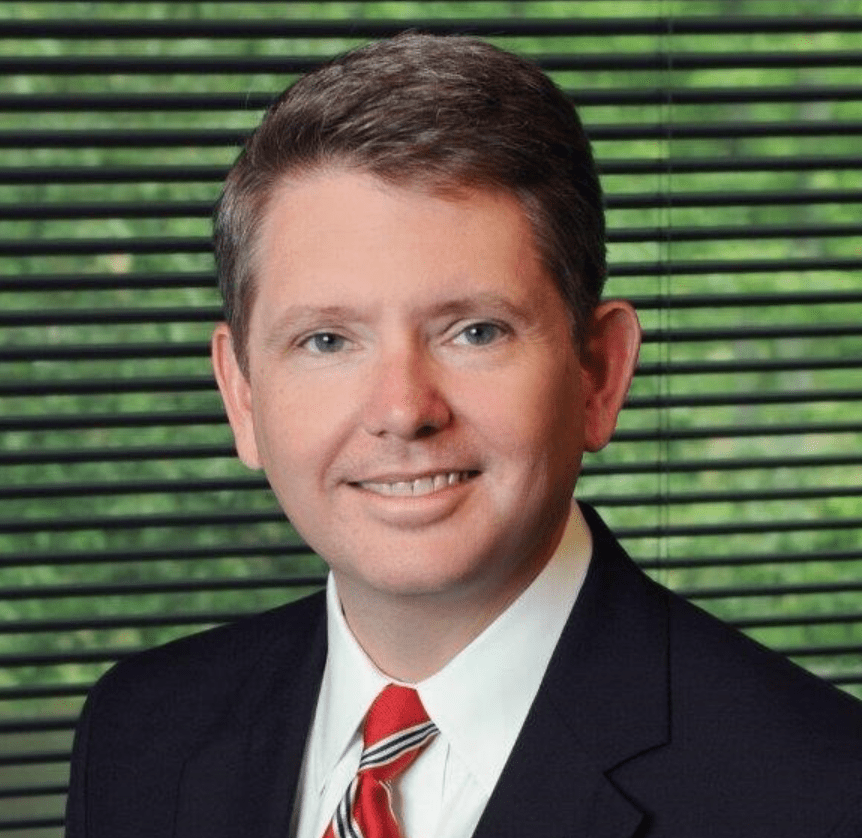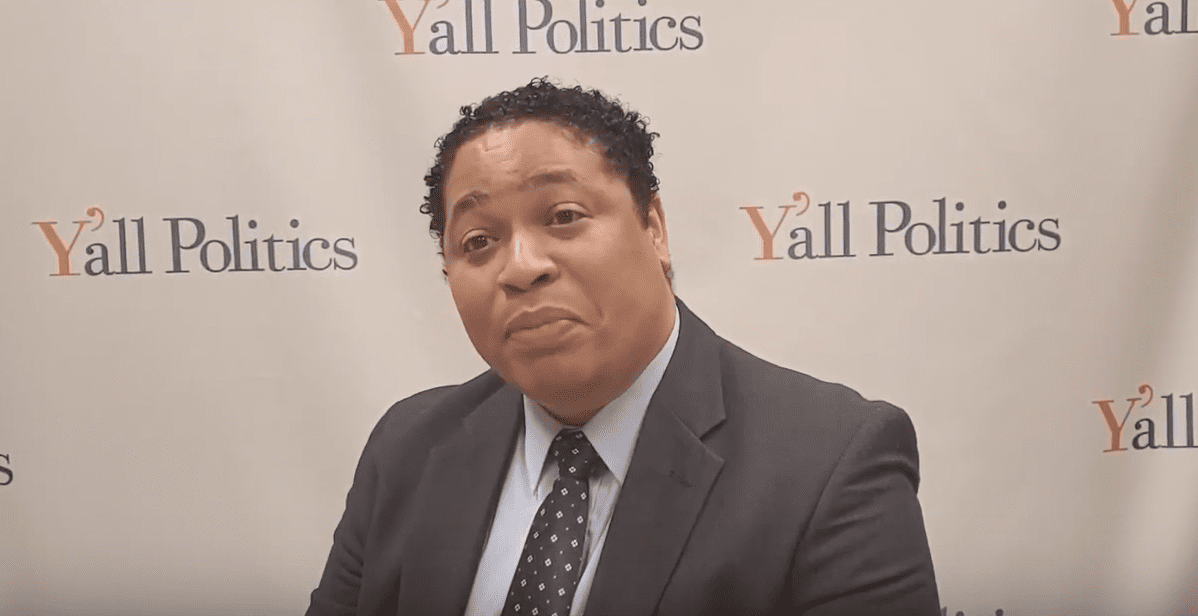
With the 2019 Legislative Session well behind us, State Director for Mississippi chapter of American’s for Prosperity Trey Dellinger recapped what their group saw as successes for the year.
“We went in with there priority objectives of this session,” said Dellinger. “That being education, criminal justice reform and maintaining fiscal discipline. In terms of the highlight success I would have to say we had the most success in criminal justice reform.”
Criminal Justice Reform
The primary vehicle of success this year according to Dellinger was HB 135, the Criminal Justice Reform Act. The idea behind this law is to give people a chance to get back to work and on their feet after they have served their sentence for the crime committed.
“We want to move away from a model that just condemns people and destroys any chance that they have to reenter society and move toward a model that gives people a chance to get back to work and reconcile in society,” said Dellinger.
He believes that crime should be punished, but at some point the majority of criminals will come back into society. He said when criminals become stigmatized the net effect is that the have little alternatives and will commit crimes again.
Mississippi currently has the third highest rate of incarceration of any state in the U.S. and the United States has one of the highest rates in the world. Dellinger proposes that it’s time we ask ourselves whether or not the policies we are following are smart.
“We want to be tough on crime but we have to be smart on crime,” said Dellinger.
Dellinger said this legislation passed will help those in charge stop looking at incarceration as the first alternative for crimes that are not necessarily dangerous to the public safety. HB 1352 will encourage availability in intervention courts, specifically to allow options for individuals to receive treatment.
Education
Dellinger expressed he saw education of utmost importance to increase opportunity to Mississippians as well as economic growth.
“Intellectual capital is the key component to economic growth,” said Dellinger. “If you go back 200 years it was land, if you look in the industrial era it was plants and equipment. The key driver for wealth creating now is intellectual capitol, knowledge.”
Dellinger spoke of education as having an almost magical quality. He said to him it is unique in the fact that it is not finite. Intellectual capitol, as he refers to education, has the ability to be shared and replicated infinitely. He believes that will be a key component of which states and nations move ahead in the 21st century.
However, that doesn’t mean there is a specific delivery system for eduction. Dellinger said it’s important to embrace the best form of building intellectual capitol.
“The problem we have now is in the public education system is that it is to top down, too beaurocrtic and too saddled with red tape,” said Dellinger. He said that the smart and talented people in public education are saddled with with a ‘one size fits all’ system. He said it doesn’t allow teachers and administrators to be as innovative as they should be in various circumstances.
Dellinger said AFP’s goal is looking for policies that would be to give more control to the local schools and take some of the red-tape off of them. He believes if they are given flexibility and can follow different approaches than teachers and administrators will find a way that works.
“In the kind of society we have where we have all these options… I mean mean how many different flavors of coffee are there? There should be more than one option for people when they get ready to send their kids to school,” said Dellinger.
Dellinger also acknowledged that there should be other options outside of public school: home school, private school, and even charter schools.
Legislators were able to pass a $2 million voucher within the budget for the Department of Finance and Administration for ESA scholarships for special needs students. The bill took fire under controversy in the last days of session but ultimately was approved.
Two disappointing factors of the session in AFP’s eyes include the neglect to pass the Special Needs ESA extender bill. This bill would have originally extended the repealer to July of 2024. Dellinger anticipates this bill will be brought forward next year, and doesn’t see that as a sign that Legislators are not interested in extending that program.
Another bill that Dellinger said would have taken some of the red-tape of the backs of teachers and administrators in school districts rated A or B, was HB 623, which died in Senate committee.
Fiscal Discipline
“The main thing we were concerned about under the umbrella of fiscal discipline this year was at the beginning of the Session we began to hear some noises that Medicaid expansion might be on the agenda,” said Dellinger. “Lt. Governor Reeves came out early at the luncheon and squashed that pretty quickly.”
Dellinger said that AFP tries to lead the conversation on how Medicaid expansion is not ideal for Mississippi. He believes any type of decision to increase dependency on the state and federal government is the wrong direction to go.
“The way to improve peoples lives is by giving them more economic opportunity and having more economic growth not just but putting more people on a government system. We don’t need that,” said Dellinger.
Dellinger also believes that with the current state of finances within the federal government, their contribution to these programs will eventually decrease over time.
“Just changing who pays for healthcare is not the answer. The answer lies in increasing the supply of healthcare,” said Dellinger. AFP is currently coordinating events over the summer to look at ways to increase the supply of healthcare, healthcare innovation, occupational licensing reform, and more focus on direct access primary care clinics.
Dellinger said they plan to focus on promoting policies that reduce regulatory barriers to increasing the supply of healthcare.
**Americans for Prosperity is driving long-term solutions to the country’s biggest problems. AFP activists engage friends and neighbors on key issues and encourage them to take an active role in building a culture of mutual benefit, where people succeed by helping one another. We recruit and unite concerned citizens in 35 states to advance policies that will help people improve their lives.**














